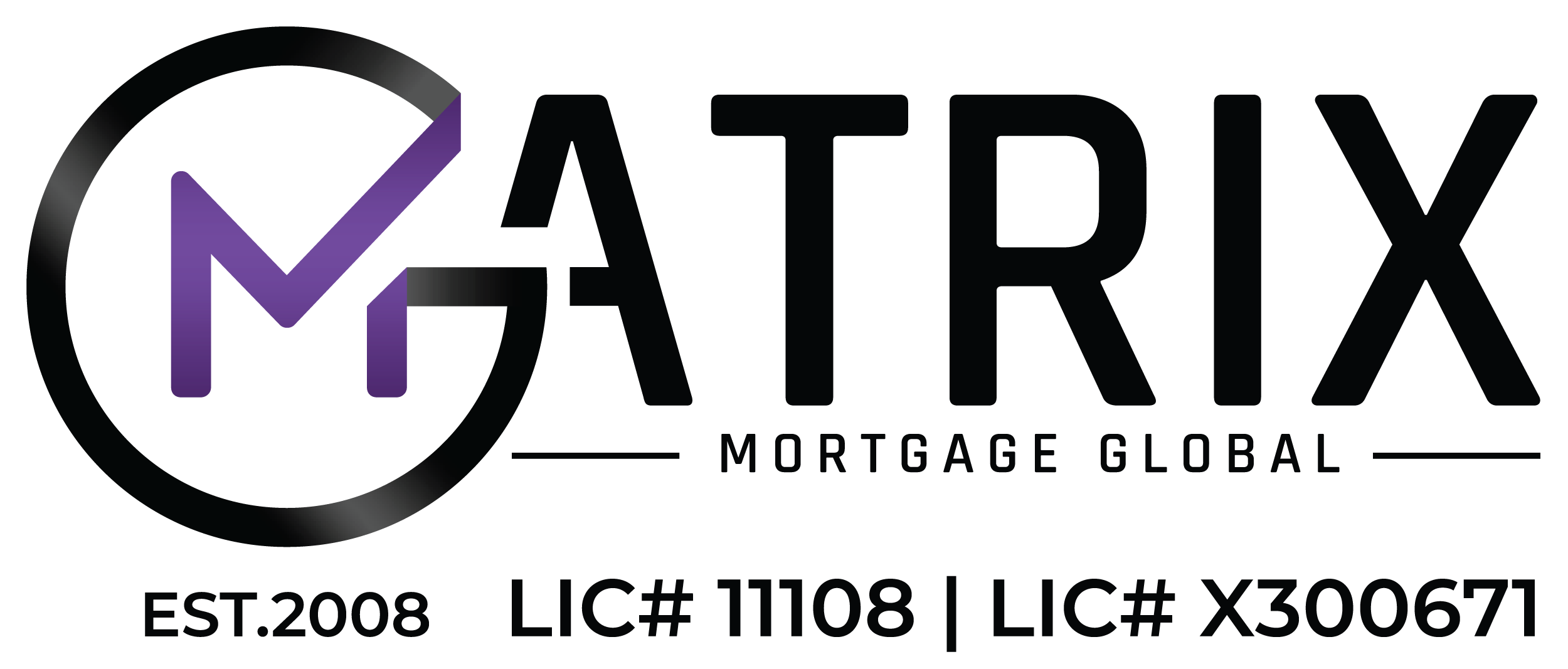
Four Tips to Qualify for A Home Purchase In 2021
If you’re planning to purchase a home, you already know that you’re making one of the biggest financial investments in your life. You have made your best effort in saving a bit from your paycheck and now have enough to pay the down payment and get the front door keys of the front door of your dream home. You have also done your research and found out a couple of good properties around the area you’re looking for and would be visiting them soon. Overall, you have done all that you can to ensure that you’re prepared to buy a home. But before you take that step, we would like to keep you informed that the real estate market is constantly changing and in this post-pandemic world, you should always be aware of the latest happenings in the industry.
Now, we know that you’re smart and have you’ve already done the reading, however, here are some unique four tips that might help you get more information. Have a look, trust us, you won’t regret it.
Try to get a real pre-approval:
At the moment, there may be too many buyers shopping for a property but armed only with an online calculator that only provides a high-level estimate of what you might qualify for. Through this, you might lose out on deals that can be on the table if you have connected with a true mortgage broker. A true pre-approval deal is a sophisticated process and it is very detail-oriented. Some of the major factors that will affect your pre-approval deal will be your income, the nature of your down-payment, as well as your credit score.
You should always keep in mind that you have to be pre-approved to make a purchase and before you make an advance on the mortgage the lender has to ‘ok’ the deal as this is an inescapable part of the buying process. When you’re making the offer, get your lender to run the number in detail so there are no further hiccups in the process and you can spend with confidence, whether it be a condo or a house. Always remember, pre-approval is important, and if the lender is not confident in you, they may decline the advance on /the funds you need.
Know your spending limits:
According to recent surveys, first-time buyers tend to make small payments, now that may not be you, but you would not want to spend all that you save just on a down payment. You will need some funds to settle down as well. However, when you’re saving some cash, make sure you don’t skip out on house inspection. House inspection help you figure out what would be the repair costs if would be any. Houses would develop problems eventually as well, so make sure you have enough to fix them; to ensure that things run smoothly, you will have to see to it that resources are always available so you can handle the inevitable extra costs.
Cutting it short: If it takes everything you’ve got to hit the minimum 5% down payment and meet regular mortgage payments, it’s likely that homeownership should probably go on the back burner until you’re able to create more breathing room in your budget.
Future-proof your decision:
If you’re purchasing your home now, you should assess your future as well. What you’re comfortable with now, you should think if you would be comfortable in the same situation 5 years down the lane. If you’re thinking about starting a family and having kids, plan out how well you fit daycare payments in, or the loss of income if one of you decides to stay home? How stable your income and career are, and what would happen if the career trajectory you’re on changes unexpectedly? That was the case for so many people during COVID-19.
Think about all the aspects that you may have to manage when you will be the owner of a property, which includes renovation, everyday commute as well as your financial goals. Try not to overspend out of impulse and plan everything out. Explore your options on how to negotiate your mortgage. Understand what would be ideal for you- these would include the length of your mortgage that you would be ok with, the mortgage amortization period, how you can get a lower interest rate so you don’t have to pay much on your monthly repayments. Think about whether a fixed interest rate will be ok for you, or would you opt for a floating rate option. Manage your budget, check all factors before stepping out to make an offer on your dream home.
Don’t worry that much about the 20% down payment rule:
If you can come up with a down payment of 20% or more, you will have the option to avoid default insurance, provided by the Canada Mortgage and Housing Corporation. (However, you should know that houses, that have a price tag of over $1 million, are not eligible for CMHC coverage no matter the amount of your down payment.) Depending on the amount of your mortgage, the cost of mortgage default insurance will add another 2.80% to 4% to your mortgage.
For a mortgage of $500,000, an additional 4% will add another $20,000 to your mortgage amount. What does that mean for your cash flow? On a 25-year mortgage with a five-year term at 2.5%, that extra $20,000 adds another $90 to your monthly costs. When you’re saving up to get into the housing market, think about another added cost that can feel like it’s setting you back. But insured mortgages often come with better interest rates and you’re saving on the monthly payments. In this case, your risk of default has been passed on to the mortgage insurer, meaning you’re a less-risky bet for the mortgage lender.
You should note that you can use your registered retirement savings plan (RRSP) as a source of down payment savings under the Home Buyers’ Plan, as long as you meet the conditions. If you qualify as a first-time homebuyer, both you and a spouse or common-law partner can withdraw up to $35,000 each from your RRSP as a down payment-but the funds need to be in your RRSP for a minimum of 90 days before they’re withdrawn.
Hope these points will help you make a decision when you purchase your property and we hope you get the perfect home that you’re looking for on a budget that is affordable to you.

